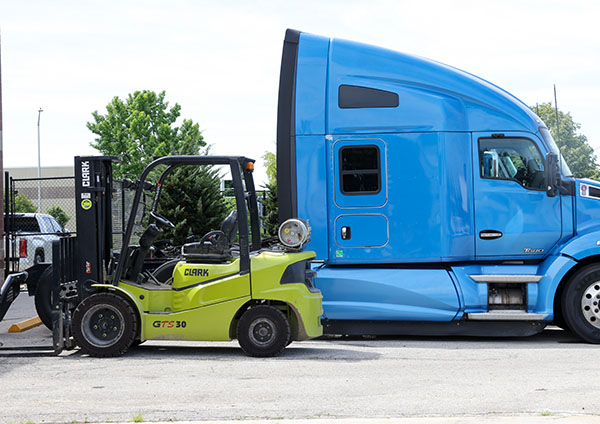Financing Solutions for Your Business
Preserve your working capital with equipment financing.
At Commercial Capital we understand that acquiring new equipment can be a significant investment for businesses and traditional financing methods may not always be feasible or convenient.
With our flexible repayment terms and personalized financing plans, you can easily access the equipment you need without facing the burden of upfront costs.

Benefits of Equipment Financing

Keeps your credit line available for operations

Minimal initial investment to get the equipment you need

Titling and docs processes are all done in house

Finance 100% of equipment costs including soft costs like taxes and installation

Avoid the strict requirements and long wait associated with traditional financing

Increased flexibility as your business grows – add equipment or upgrade existing
Section 179 Tax Deductions
As much as 100% of your equipment cost, up to a specified limit, can be deducted from your taxable income.
Industries Served
We help a wide variety of industries finance an even wider variety of essential business equipment.

